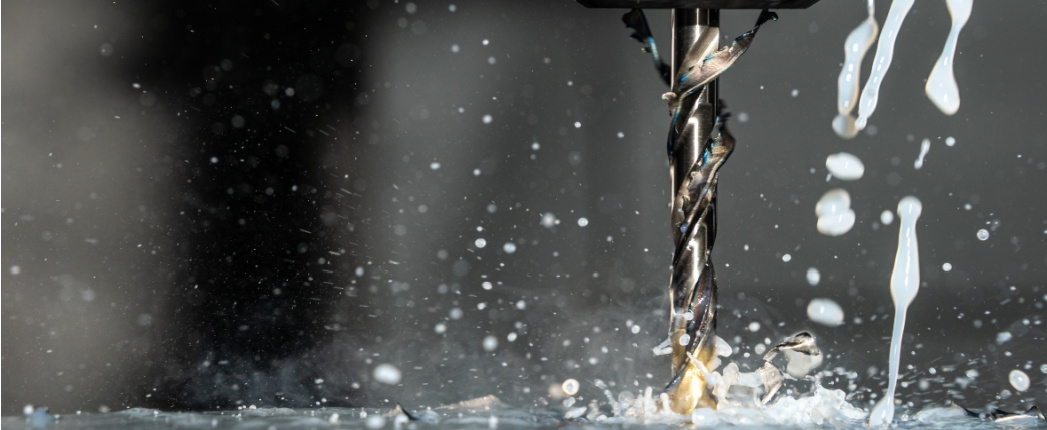
A subcommittee of the European Chemicals Agency recommended recently that medium-chain chlorinated paraffins be phased out of use in metalworking fluids by 2036.
Lubricant industry groups said the proposal would improve on previous proposals that would have banned the chemicals much sooner.
“While an indefinite exemption period would have been preferred, this extension gives the industry valuable time to devise MCCP alternatives,” Independent Lubricant Manufacturers Association Chief Executive Officer Holly Alfano said in a Sept. 8 email to members of the United States-based group.
The proposal for the 2036 phase out came from the Socio-Economic Analysis Committee of ECHA, the European Union agency that administers the bloc’s Registration, Evaluation and Authorization of Chemicals law, commonly known as REACH. The landmark regulation sets rules for how the EU identifies and manages chemical risks.
Last year ECHA took up the question of regulating medium-chain chlorinated paraffins. Chlorinated paraffins are mixtures of chlorinated hydrocarbons with chlorine content ranging from 40-70%. They are categorized according to their molecular size. Short-chain chlorinated paraffins have carbon chains of 10-13 atoms, while medium-chain varieties have chains of 14-17 atoms.
Medium-chain chlorinated paraffins are used in several applications including as extreme pressure agents in metalworking fluids, where they help protect workpiece surfaces and machine tools. Medium-chain chlorinated paraffins are generally considered mildly toxic to humans, causing problems such as skin drying and eye irritation in cases of repeated exposure. There are concerns, however, that they persist in the environment and are bioaccumulative, based on conclusions that short-chain chlorinated paraffins are.
Regulators in the EU and the United States have raised concerns that medium-chain chlorinated paraffins are inadequately regulated, while industry groups have argued that risks to humans and the environment can be eliminated through proper handling.
In September of 2022, ECHA proposed banning medium-chain varieties of the chemicals. ILMA and other industry groups complained that a ban would hurt industry since it currently lacks effective replacements for medium-chain chlorinated paraffins.
Those objections triggered a review by the Socio-Economic Analysis Committee, which in June of this year issued a draft opinion largely endorsing ECHA’s original recommendation. The opinion did suggest that the ban be phased in over two years for water miscible metalworking fluids and over seven years for oil-based metalworking fluids.
Industry groups weighed in again, warning that a ban could lead to the half of some metalworking processes and would threaten production of important items ranging from heart stents and hypodermic needles to ammunition shell casings and aerospace components. They asked for an indefinite phase-out period.
In response, the Socio-Economic Analysis Committee adjusted its opinion to recommend the longer phase-out for both categories of metalworking fluids. Alfano said that would benefit fluid producers and their European customers.
“We are pleased that the SEAC recognizes the problems in formulating away from MCCPs for many products, including essential ones in the medical, aerospace and defense industries,” she said.
The committee’s recommendation will now be considered by ECHA before it issues a final report, expected next year. The European Commission would vote on the proposal, but the vote could be delayed by elections to the ruling body.